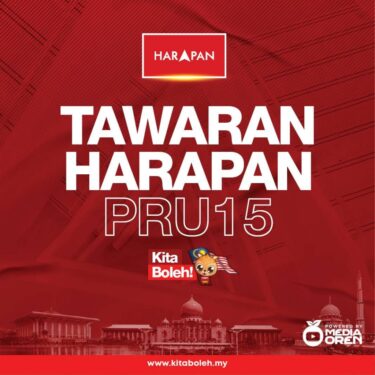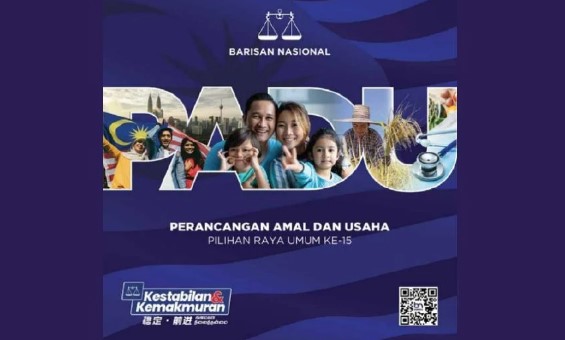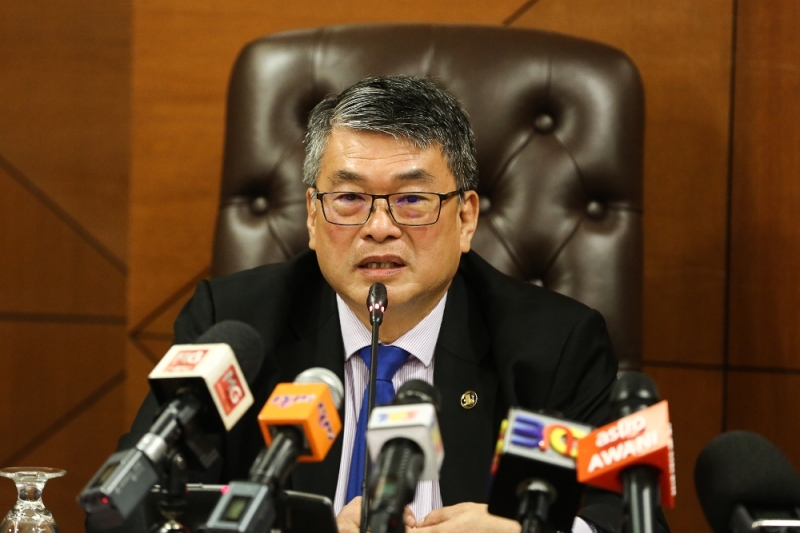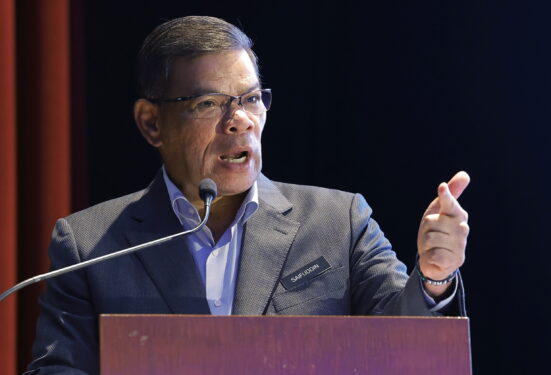HAVING analysed the 15th General Election (GE15) electoral manifestos proposed by two of the main political coalitions – Barisan Nasional (BN) and Pakatan Harapan (PH) – a general observation by the Centre for Market Education (CME) is that both are weak on the implementation part and often stop at the desiderata (something that is needed or wanted).
Nevertheless, the boutique Kuala Lumpur-based think-tank contended that the art of policymaking goes beyond intentions, desires and even targets in order to evaluate those elements at the light of the relevant trade-offs.
“Both manifestos are silent on a general tax reform while – according to us – this would be the moment to push for a holistic approach which includes not only the re-introduction of GST, but also a special scheme for microbusinesses, better enforcement strategies and a plan for targeted subsidies,” opined the think tank’s CEO Dr Carmelo Ferlito.

According to CME, PH’s manifesto is more widely devoted to “social issues” such as family, youth, elderly, freedom of speech and environment protection with less details on economic topics and in particular, lacks a comprehensive strategy for re-building a pro-investment ecosystem.
While including a good hint on federalism and a clear shift from race-based to need-based affirmative action, CME observed that BN’s manifesto introduces good points for re-building the pro-investment vocation of Malaysia.
“If properly developed, (that) may give a good competitive advantage to the country by creating good conditions for attracting FDIs,” reckoned the think tank whose main aim is to promote a more pluralistic and multidisciplinary approach to economics and understanding of market forces.
On the education sphere, however, CME noted that PH’s manifesto appears to be wider, while BN introduces a very important accent on the future (new) role for humanities and stresses on free national early childhood education as part of a pro-social mobility strategy.
“Both manifestos introduce a strategy for food security with BN leaning slightly more on the importance of free trade, a pillar that CME considers fundamental for a true food security strategy,” noted the think tank.t
Very broadly, CME said it focuses its analysis on the economic contents of the manifestos to identify strength and weaknesses of the different platforms while trying to understand if and how they would benefit Malaysia in terms of a stable economic growth and in terms of international competitiveness. – Nov 11, 2022










